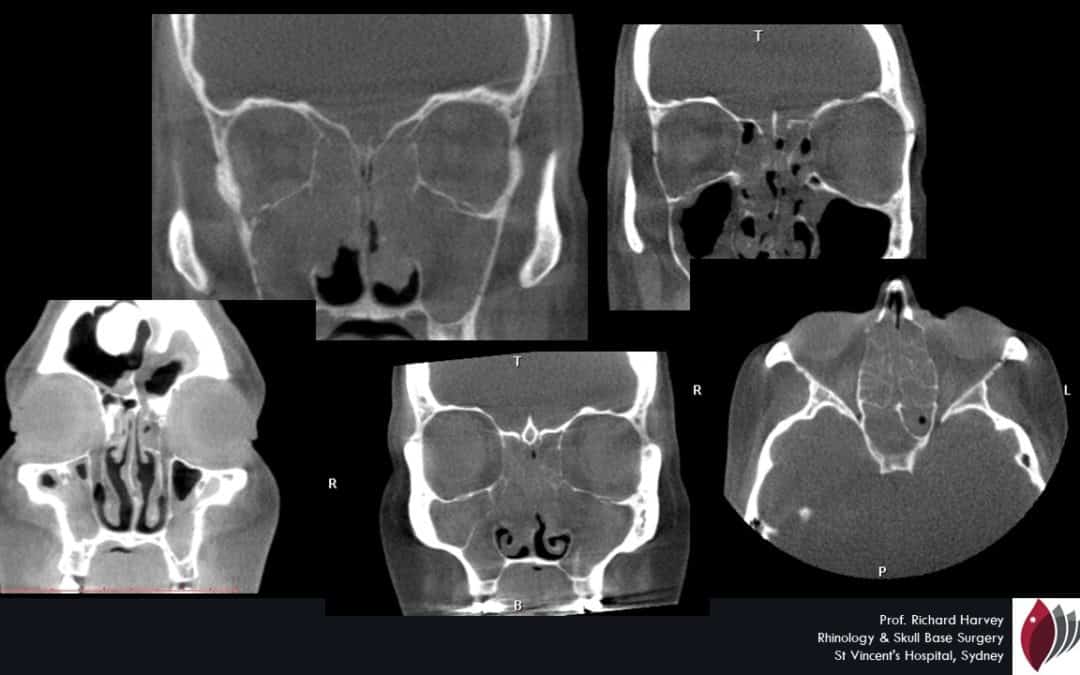
by Richard Harvey | Jul 7, 2019 | Nose and Sinus Blog, Scientific advancements in nose and sinus diseaes
Many patients are given the diagnosis of ‘nasal polyps’ . When they occur unilaterally (on one side), the probability that the tissue represents a tumour, cancer or growth is very likely. Thankfully this is not the case for most. However, when they are...

by Richard Harvey | Mar 5, 2019 | Interesting articles on nose and sinus disease, Nose and Sinus Blog
I was recently presented, by a patient, with an invoice from another surgeon, for $14,500. This wasn’t a major procedure nor critical service. The symptoms were nasal congestion, itchy eyes, dermatitis, childhood asthma and tiredness. There was only one single...
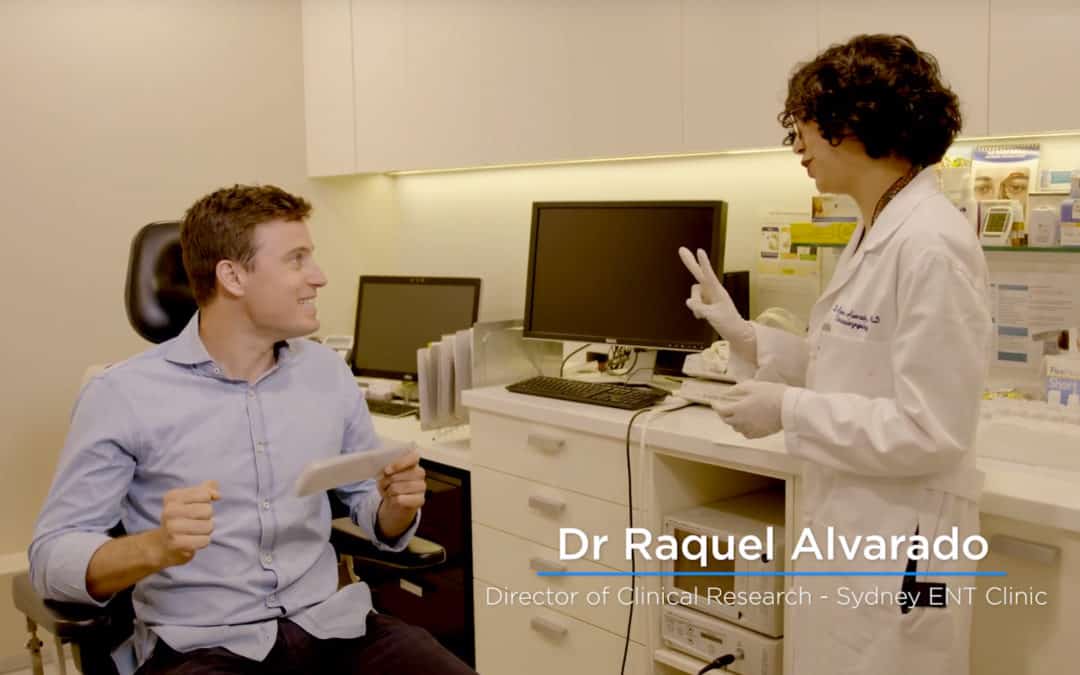
by Richard Harvey | Nov 11, 2018 | Interesting articles on nose and sinus disease, Nose and Sinus Blog
When we can’t smell, the sensation is very disturbing. The flavor of food that we detect is 70% related to smell. Smell or olfaction is such an important but often underated human sense. Our sense of smell is one of the most primitive sensory functions in...
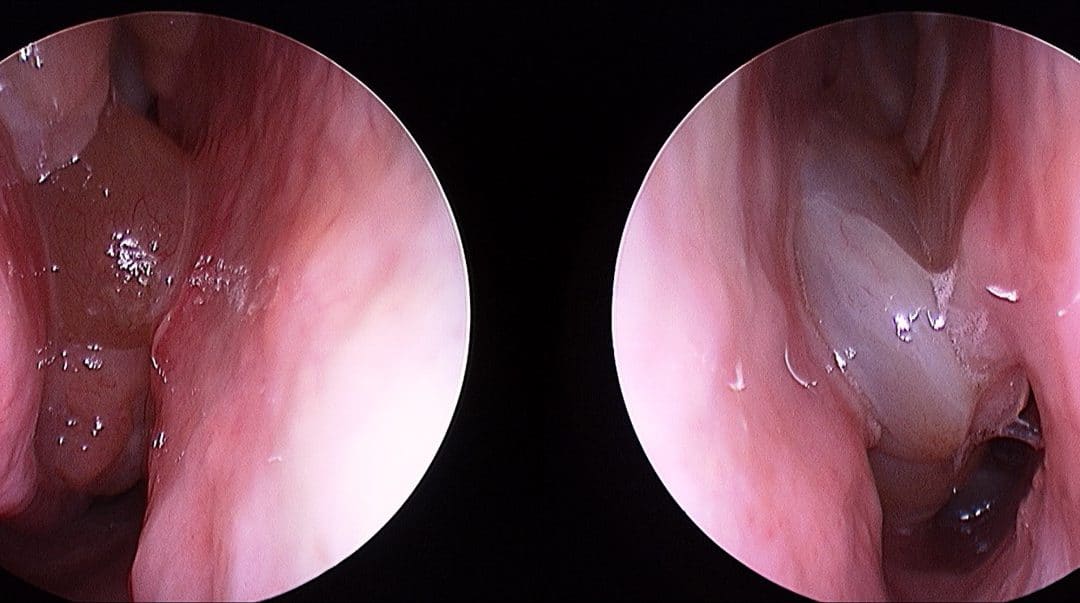
by Richard Harvey | Oct 27, 2018 | Interesting articles on nose and sinus disease, Nose and Sinus Blog, Scientific advancements in nose and sinus diseaes
So much is still poorly understood about the disease process that drives the formation of nasal polyps. For a long time now, the medical community acknowledges that the origins of adult-onset nasal polyps is primarily an inflammatory disorder (as is adult-onset...
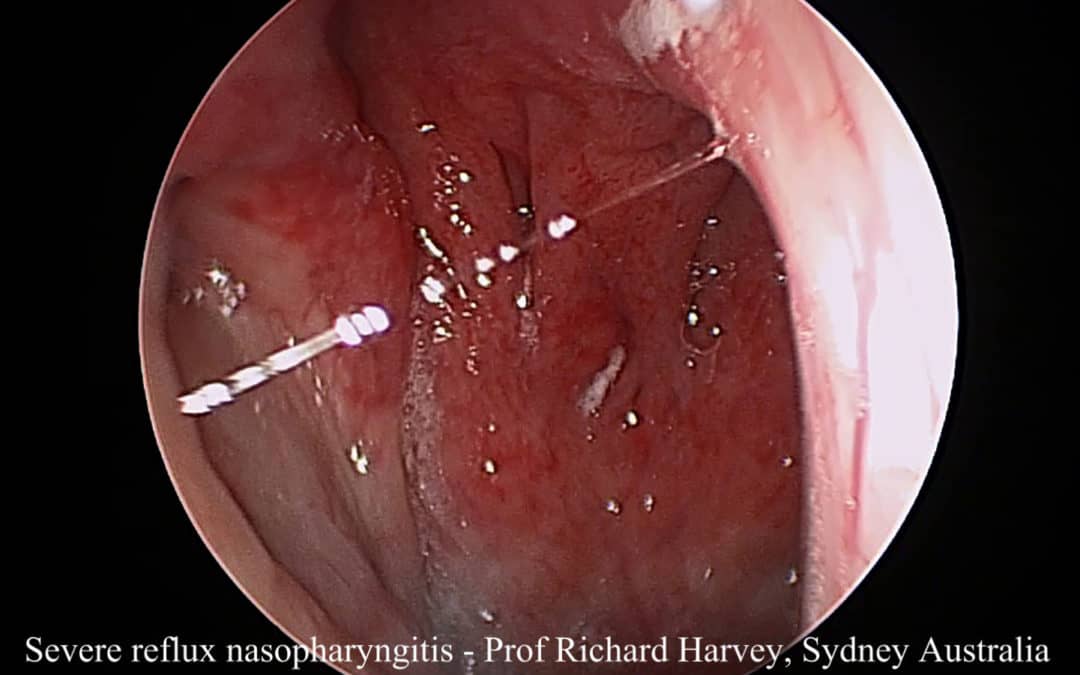
by Richard Harvey | Sep 15, 2018 | Interesting articles on nose and sinus disease, Nose and Sinus Blog, Scientific advancements in nose and sinus diseaes, Uncategorized
We have all experienced the post nasal drip or mucus sensation. It is not uncommon for all of us to have such sensations at the tail end of a viral upper respiratory track infection and when we are dehydrated. We see a lot of patients that have these symptoms, and...
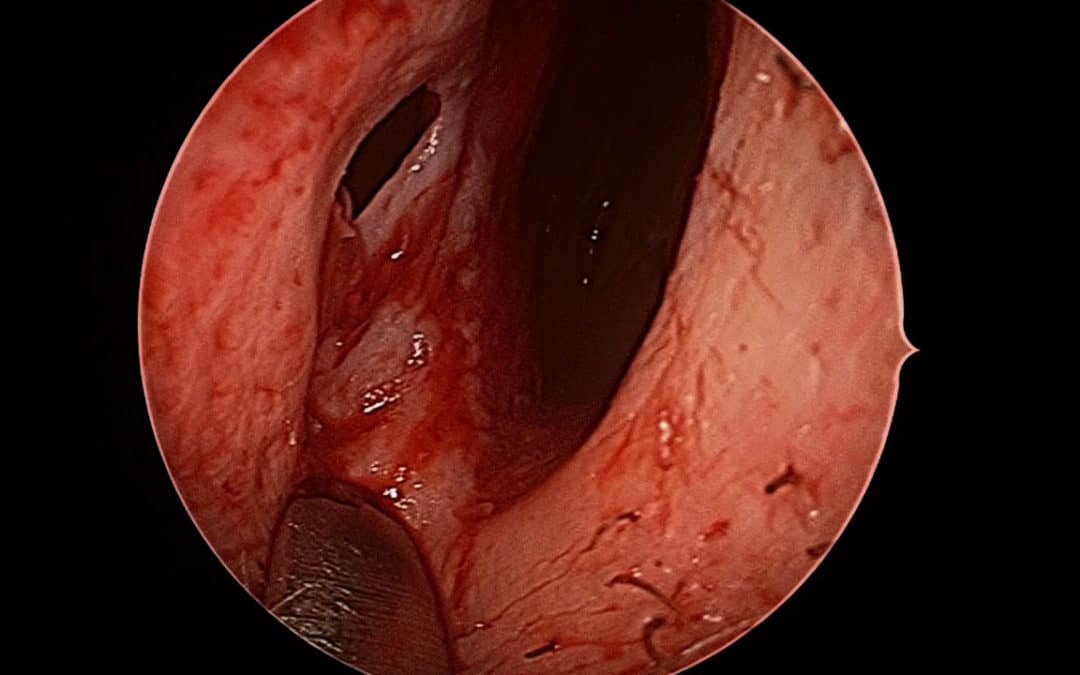
by Richard Harvey | Sep 1, 2018 | Nose and Sinus Blog, Scientific advancements in nose and sinus diseaes
A septal perforation can cause lifelong symptoms such as chronic crusting, bleeding and whistling. The local mucosal inflammation and blood often leads to an inflammation of the mucosa which can lead to mucosal breakdown and exposure of the cartilage. This in turn...







